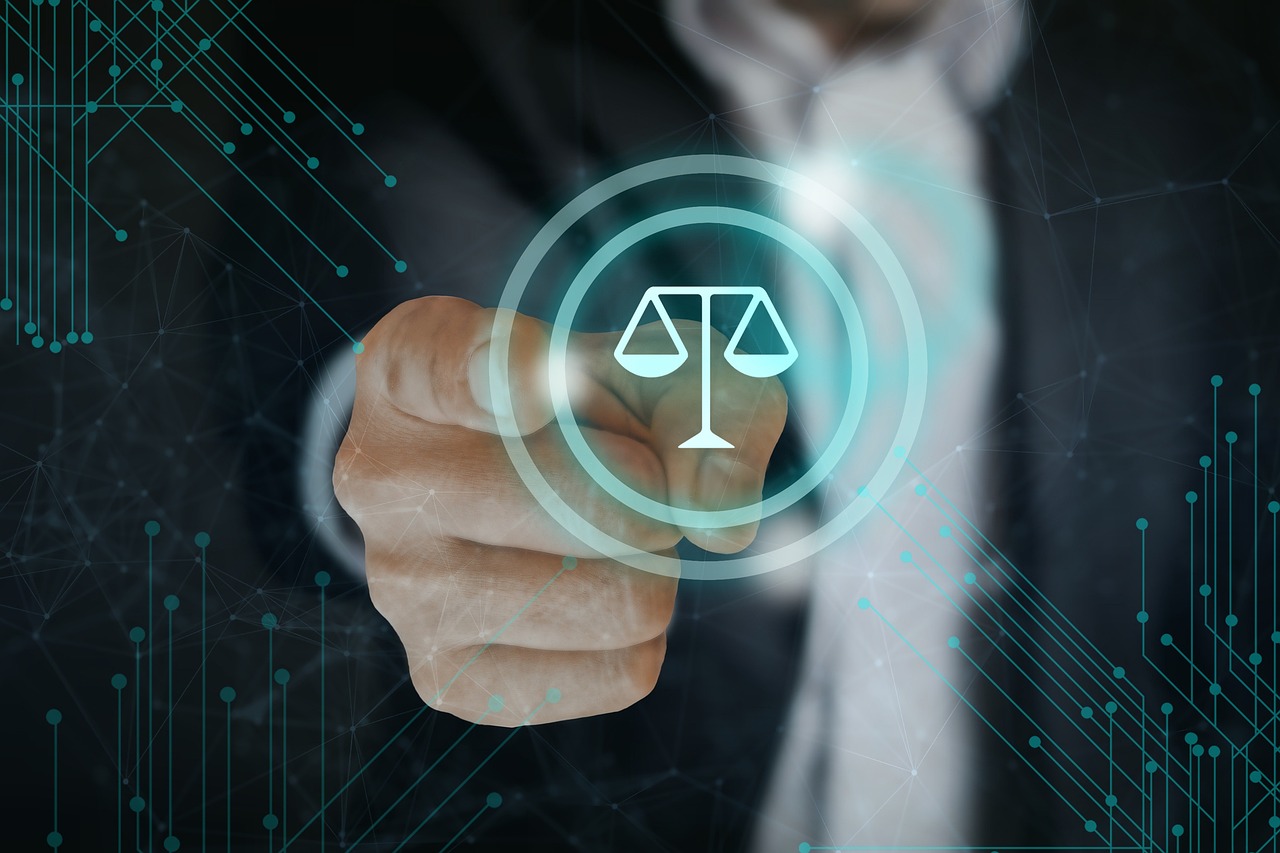Navigating the legal system can feel like traversing a complex maze. Whether you’re facing a daunting legal battle, require guidance on a specific legal issue, or simply want to understand your rights, seeking legal assistance is often the best course of action. This comprehensive guide explores the various facets of legal assistance, providing you with the knowledge and resources to make informed decisions and access the support you need.
Understanding the Landscape of Legal Assistance
What is Legal Assistance?
Legal assistance encompasses a broad range of services designed to help individuals and organizations understand their legal rights and obligations, navigate the legal system, and resolve legal disputes. It can take many forms, from free legal advice to full legal representation in court. Understanding the scope of legal assistance is crucial for identifying the appropriate type of support for your specific needs.
- Legal Advice: Providing guidance and information about legal issues. This might involve explaining legal rights, advising on potential courses of action, and helping individuals understand legal documents.
- Legal Representation: Representing clients in legal proceedings, such as court hearings, trials, and negotiations. This includes preparing legal documents, presenting evidence, and advocating for the client’s best interests.
- Legal Aid: Offering free or low-cost legal services to individuals who cannot afford to hire a private attorney.
- Pro Bono Services: Providing legal services free of charge by attorneys as a public service.
Why is Legal Assistance Important?
The legal system can be intricate and intimidating, particularly for individuals without legal training. Legal assistance plays a vital role in ensuring fair access to justice and protecting the rights of all members of society.
- Ensuring Access to Justice: Legal assistance helps level the playing field by providing individuals with the resources and support they need to navigate the legal system, regardless of their income or background.
- Protecting Legal Rights: Legal professionals can help individuals understand their legal rights and options, ensuring that they are not taken advantage of or denied due process.
- Resolving Legal Disputes: Legal assistance can help individuals resolve legal disputes more efficiently and effectively, minimizing the stress and expense associated with legal battles.
- Preventing Legal Problems: Proactive legal advice can help individuals avoid legal problems in the first place by providing guidance on legal compliance and risk management.
- Example: Imagine a tenant facing eviction. Without legal assistance, they may not understand their rights, such as the landlord’s legal obligations and the procedures for eviction. Legal aid can provide the tenant with advice, representation, and support, ensuring they are treated fairly and have a chance to defend their case.
Types of Legal Assistance Available
Legal Aid Societies and Organizations
Legal aid societies are non-profit organizations that provide free or low-cost legal services to low-income individuals and families. They typically focus on areas of law that affect basic needs, such as housing, family law, public benefits, and employment.
- Eligibility Criteria: Legal aid societies often have income and asset limits for eligibility. They may also prioritize cases based on the severity of the legal issue and the availability of resources.
- Services Offered: Legal aid societies can provide a range of services, including legal advice, brief services (such as drafting letters or preparing legal documents), and full legal representation.
- Finding Legal Aid: You can find legal aid societies in your area by searching online or contacting your local bar association. The Legal Services Corporation (LSC) is a national organization that provides funding to legal aid programs across the United States.
Pro Bono Programs
Pro bono programs are initiatives that encourage attorneys to volunteer their time and expertise to provide free legal services to individuals and organizations in need.
- Benefits of Pro Bono: Pro bono services help address the unmet legal needs of vulnerable populations and promote access to justice for all.
- Types of Pro Bono Services: Pro bono services can include providing legal advice, representing clients in court, drafting legal documents, and conducting legal research.
- Finding Pro Bono Attorneys: Many bar associations and legal organizations offer pro bono programs. You can also contact individual law firms to inquire about their pro bono policies.
Online Legal Resources and Self-Help Centers
Online legal resources and self-help centers provide access to legal information, forms, and tools that can help individuals represent themselves in legal matters.
- Benefits of Online Resources: Online resources can be a convenient and affordable way to access legal information and resources. However, it is important to ensure that the information is accurate and up-to-date.
- Limitations of Self-Help: While self-help resources can be helpful, they are not a substitute for legal advice from a qualified attorney. Individuals with complex legal issues should seek professional legal assistance.
- Examples of Online Resources: Nolo, FindLaw, and the American Bar Association (ABA) offer a variety of legal resources and information online. Many courts also have self-help centers that provide assistance to individuals representing themselves.
- Practical Tip: When using online legal resources, always verify the information with a trusted source, such as a legal aid society or a qualified attorney.
Navigating the Process of Seeking Legal Assistance
Identifying Your Legal Needs
The first step in seeking legal assistance is to identify your specific legal needs. This involves understanding the nature of your legal issue, the potential consequences, and your desired outcome.
- Assessing Your Situation: Take the time to carefully assess your situation and gather all relevant documents and information.
- Defining Your Goals: What are you hoping to achieve through legal assistance? Do you want to resolve a legal dispute, protect your rights, or avoid future legal problems?
- Determining the Scope of Assistance: Do you need legal advice, brief services, or full legal representation?
Finding the Right Legal Professional
Once you have identified your legal needs, the next step is to find a legal professional who is qualified and experienced in handling your type of case.
- Referrals: Ask friends, family, or colleagues for referrals to attorneys or legal aid organizations.
- Bar Associations: Contact your local bar association for a list of attorneys in your area who specialize in your area of law.
- Online Directories: Use online directories such as Avvo, Martindale-Hubbell, and Super Lawyers to find attorneys in your area.
- Consider Expertise: Look for attorneys who have experience handling cases similar to yours and who are knowledgeable about the relevant laws and regulations.
- Check Credentials: Verify the attorney’s credentials and disciplinary record with the state bar association.
Preparing for Your Initial Consultation
Before meeting with a legal professional, it is important to prepare by gathering relevant documents, organizing your thoughts, and writing down your questions.
- Gather Documents: Collect all relevant documents related to your legal issue, such as contracts, letters, emails, and court papers.
- Organize Your Thoughts: Write down a summary of your situation, including the key facts, dates, and events.
- Prepare Questions: Prepare a list of questions to ask the legal professional, such as their experience with similar cases, their fees, and their strategy for handling your case.
- Example: If you are seeking legal assistance for a personal injury claim, gather all medical records, police reports, and insurance information related to the accident. Prepare a timeline of events leading up to the accident and write down any questions you have about the legal process.
Funding Legal Assistance
Understanding Costs
Legal assistance can be expensive, so it is important to understand the potential costs involved before hiring a legal professional.
- Attorney Fees: Attorney fees can vary depending on the attorney’s experience, the complexity of the case, and the billing method. Some attorneys charge an hourly rate, while others charge a flat fee or a contingency fee (a percentage of the recovery).
- Court Costs: Court costs can include filing fees, service fees, and fees for obtaining court documents.
- Expert Witness Fees: If your case requires the testimony of an expert witness, such as a medical professional or an economist, you may have to pay expert witness fees.
Options for Funding Legal Assistance
If you cannot afford to hire a private attorney, there are several options for funding legal assistance:
- Legal Aid: Legal aid societies provide free or low-cost legal services to low-income individuals.
- Pro Bono Services: Attorneys may provide pro bono services to individuals who cannot afford to pay.
- Contingency Fees: In some types of cases, such as personal injury cases, attorneys may agree to work on a contingency fee basis, meaning that they only get paid if they win the case.
- Payment Plans: Some attorneys may offer payment plans to make legal services more affordable.
- Legal Insurance: Legal insurance plans can help cover the cost of legal services.
- Actionable Takeaway: Research all available funding options and discuss payment arrangements with any prospective legal professional.
Conclusion
Seeking legal assistance is a critical step in navigating the complex legal landscape and protecting your rights. By understanding the different types of legal assistance available, knowing how to find the right legal professional, and exploring options for funding legal assistance, you can ensure that you have the resources and support you need to address your legal challenges effectively. Don’t hesitate to reach out for help – your legal well-being depends on it.




